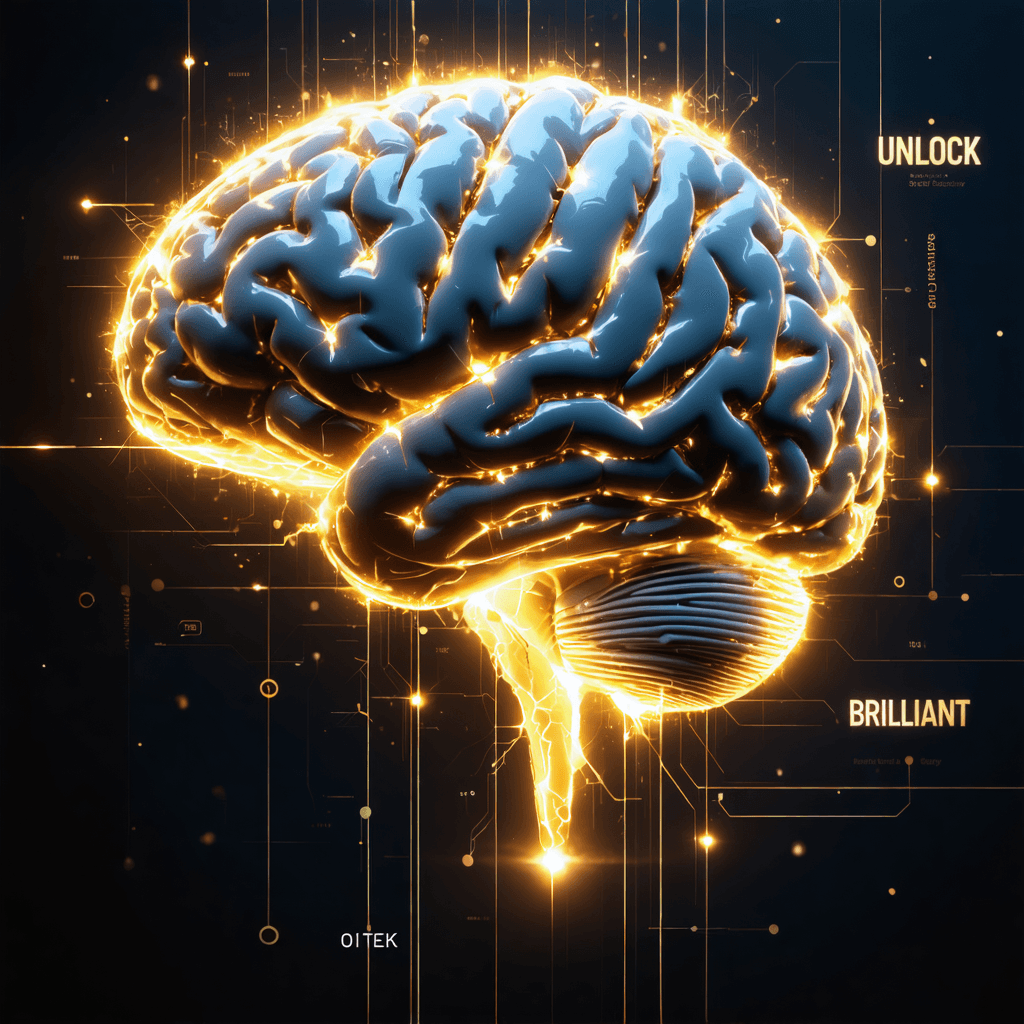Unlock Your Mind's Superpower: Critical Thinking That Transforms Average Choices into Brilliant Decisions
In today's fast-paced world, where information flows endlessly and decisions must be made quickly, critical thinking isn't just a valuable skill – it's your cognitive superpower. This essential capability transforms ordinary thought processes into extraordinary decision-making abilities, setting apart leaders from followers and innovators from imitators.
The Foundation of Critical Thinking
Critical thinking is more than just careful analysis; it's a structured approach to processing information, evaluating evidence, and reaching well-reasoned conclusions. At its core, it's about questioning assumptions, recognizing patterns, and understanding the bigger picture while maintaining attention to crucial details.
The Four Pillars of Critical Thinking
- Analysis: Breaking down complex information into manageable components
- Interpretation: Understanding context and implications
- Evaluation: Assessing the credibility and relevance of information
- Synthesis: Combining insights to form novel solutions
Why Critical Thinking Matters More Than Ever
In an era of artificial intelligence and automation, critical thinking has become increasingly valuable. While machines excel at processing data, human critical thinking brings unique advantages:
- Contextual Understanding: Recognizing nuances that algorithms might miss
- Creative Problem-Solving: Generating innovative solutions by connecting seemingly unrelated concepts
- Emotional Intelligence: Incorporating human factors into decision-making
- Ethical Considerations: Weighing moral implications and long-term consequences
Transforming Average Choices into Brilliant Decisions
1. Question Your Assumptions
Before making any significant decision, challenge your basic assumptions. Ask yourself:
- What evidence supports my current beliefs?
- What alternative perspectives am I overlooking?
- What biases might be influencing my thinking?
2. Gather and Evaluate Information
Quality decisions require quality information:
- Seek diverse and reliable sources
- Cross-reference facts and claims
- Consider the credibility of sources
- Look for potential conflicts of interest
3. Apply Systematic Analysis
Develop a structured approach to problem-solving:
- Define the problem clearly
- Identify key variables and constraints
- Generate multiple potential solutions
- Evaluate options systematically
4. Consider Long-term Implications
Think beyond immediate outcomes:
- Anticipate potential consequences
- Consider ripple effects
- Factor in sustainability
- Account for future scenarios
Practical Techniques for Enhanced Critical Thinking
The IDEA Framework
- Identify: Define the problem or decision clearly
- Develop: Generate multiple possible solutions
- Evaluate: Assess each option systematically
- Act: Implement the chosen solution with conviction
The Five Whys Technique
Dig deeper into problems by asking "why" five times to reach root causes. This simple but powerful technique helps uncover underlying issues that might otherwise remain hidden.
Common Pitfalls to Avoid
- Confirmation Bias: Seeking only information that confirms existing beliefs
- Analysis Paralysis: Over-analyzing to the point of inaction
- Group Think: Conforming to popular opinion without critical evaluation
- False Dichotomy: Seeing only two options when more exist
- Emotional Reasoning: Letting feelings override logical analysis
Building Your Critical Thinking Muscle
Like any skill, critical thinking improves with practice:
- Read Widely: Expose yourself to diverse perspectives and ideas
- Engage in Debate: Challenge and defend different viewpoints
- Practice Decision Journaling: Document and review your decision-making process
- Seek Feedback: Learn from others' perspectives and experiences
- Embrace Uncertainty: Get comfortable with ambiguity and complexity
Measuring Success
Track your progress in developing critical thinking skills by monitoring:
- Quality of decisions and their outcomes
- Ability to predict consequences accurately
- Speed of problem-solving
- Complexity of problems you can handle
- Feedback from peers and mentors
Integrating Critical Thinking into Daily Life
Make critical thinking a habit by:
- Questioning advertising claims
- Analyzing news sources
- Evaluating product reviews
- Examining personal beliefs
- Challenging conventional wisdom
The Power of Metacognition
Develop awareness of your own thinking processes:
- Monitor your thought patterns
- Identify emotional triggers
- Recognize cognitive biases
- Adjust strategies as needed
Future-Proofing Your Mind
In an increasingly automated world, critical thinking is your competitive advantage. It enables you to:
- Adapt to change rapidly
- Make complex decisions confidently
- Solve novel problems creatively
- Lead teams effectively
- Drive innovation consistently
Critical thinking is not just about making better decisions – it's about transforming how you interact with the world. By developing this superpower, you'll navigate complexity with confidence, solve problems with creativity, and make decisions that stand the test of time.
Ready to take your critical thinking skills to the next level? Explore our comprehensive courses and resources at 01TEK. Our expert-led programs will help you master the art and science of critical thinking, giving you the tools you need to excel in today's complex world. Visit 01TEK.com to begin your journey toward cognitive excellence.
Remember: The greatest investment you can make is in your mind's capacity to think critically and decide wisely. Start your transformation today.
Associate yourself with people of good quality, for it is better to be alone than in bad company.
Booker T. Washington, Educator and author



